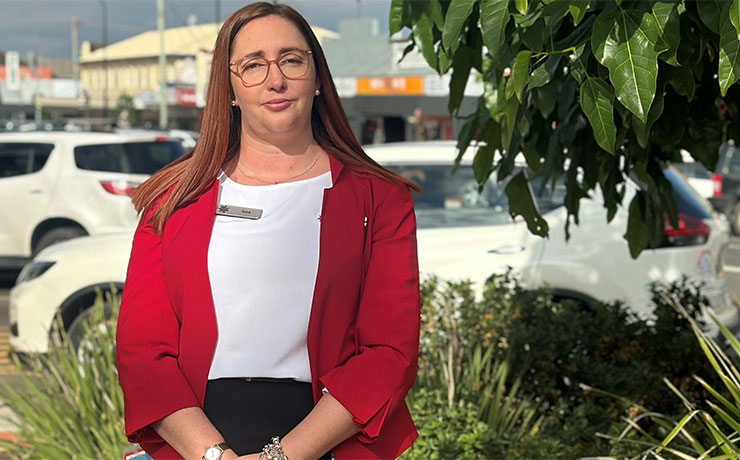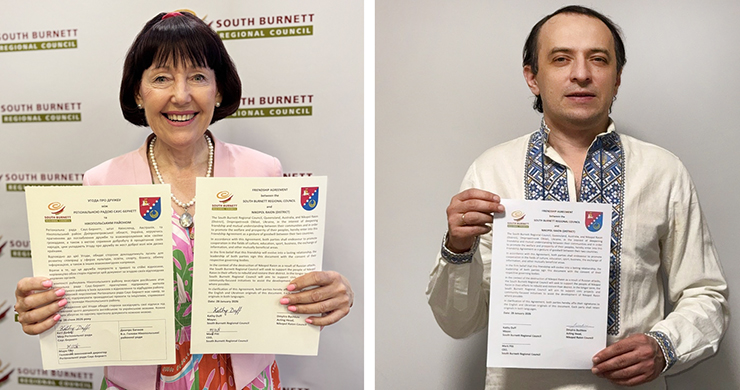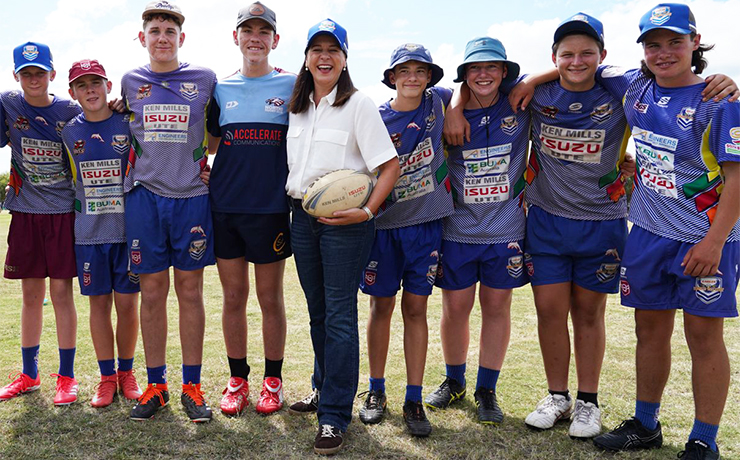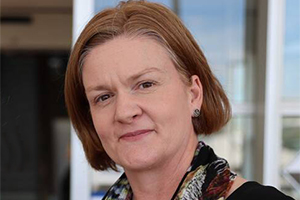
May 28, 2024
A quick-thinking bank employee in Kingaroy has saved a woman from accidentally transferring a six-figure sum of money to a criminal.
The customer visited the NAB branch recently with the aim of transferring the money to a local dealership to buy a new vehicle.
An NAB spokesperson said that when the customer handed over the invoice, bank employee Sara Parfett asked her the “go-to” question.
“The first thing I always ask is, ‘Have you double checked the details with the dealership?’,” Sara said.
“The customer responded that she hadn’t.”
The more Sara looked at the invoice, the more red flags she could see.
“When I was looking at the email, I noticed that it didn’t look the same as what most of our dealership emails look like,” she said.
“It had a couple of different ads put on there, it didn’t reference the type of vehicle she was buying, it just referenced the six-figure price and bank account details.
“It didn’t add up. I knew I needed to get in contact with the dealership.”
After speaking to one of the employees at the dealership, Sara quickly realised her customer was about to be scammed.
“I spoke to the person she had been dealing with face-to-face,” Sara said.
“I ran him through the details on the invoice and he confirmed that they were not correct. He hadn’t even sent her an email that day.”
NAB executive (group investigations) Chris Sheehan said invoice scams were often incredibly subtle and sophisticated.
“They occur when criminals hack into a business’ email account and change the account details on legitimate invoices,” Mr Sheehan said.
“The criminals hope the recipient doesn’t notice the doctored account details and pays them, instead of the intended business.
“Real estate, legal and construction sectors are traditional targets, while Scamwatch has received recent reports from car dealerships, travel companies and their customers.”
The Australian Competition and Consumer Commission says Australians lost $92 million to payment redirection scams in 2023, down from the $225 million the year prior but still significant.
Sara started work at the NAB five months ago.
She said her training about how to spot scam red flags ensured she was alert to the dangers of suspicious activity.
“We are trained to double check the details because we know there are so many things that can go wrong between the emails,” Sara said.
“It might take a little bit longer, and we might need to ask some more questions, but we’re doing it to keep the customer safe.
“They’ve worked hard for their money, we don’t want to let it get into the hands of criminals.”























